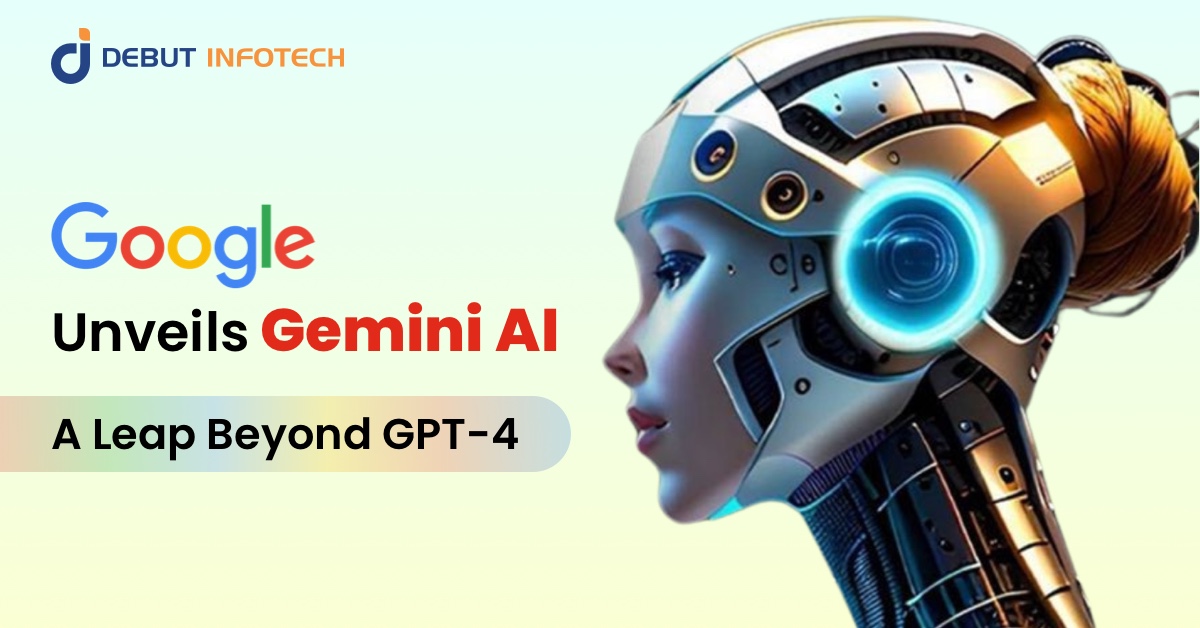Google Gemini is one of the most anticipated innovations in artificial intelligence, poised to reshape industries, enhance productivity, and transform how humans interact with technology. As Google continues to lead the charge in AI advancements, Gemini represents a significant leap forward, combining cutting-edge machine learning models with sophisticated neural network architecture to deliver unparalleled results. In this article, we explore Google Gemini’s features, capabilities, potential impact, and its place in the evolving world of AI technology.
What is Google Gemini?
An Overview of Google Gemini
Google Gemini is an advanced artificial intelligence system developed by Google as part of its broader AI initiatives. Unlike traditional AI tools, Gemini integrates various machine learning models, combining natural language processing (NLP), computer vision, and other technologies to create an intelligent system that is capable of understanding and performing a wide array of tasks.
Gemini is designed to be a multi-modal AI, meaning it can process and generate not only text but also images, videos, and other media forms. By blending different data types, Google Gemini aims to provide solutions that are more intuitive, flexible, and efficient.
Key Features of Google Gemini
- Multi-Modal Capabilities: Gemini’s ability to process multiple forms of data—text, audio, video, and images—sets it apart from many AI systems that focus on one type of input.
- Advanced Natural Language Processing: With its sophisticated NLP model, Gemini can engage in more human-like conversations, making it ideal for virtual assistants, chatbots, and customer service applications.
- State-of-the-Art Neural Networks: At the heart of Gemini’s functionality is its powerful neural network, which enables it to learn, adapt, and improve over time, providing more accurate and personalized results.
- Integration with Google’s Ecosystem: As part of Google’s ecosystem, Gemini is designed to integrate seamlessly with Google’s vast array of services, including Google Search, Google Assistant, and YouTube, enhancing the overall user experience.
How Does Google Gemini Work?
The Science Behind Google Gemini’s AI
Google Gemini operates through advanced machine learning models, particularly deep learning algorithms. Deep learning refers to the use of neural networks that simulate the way the human brain processes information. By training on vast datasets, Gemini can identify patterns, predict outcomes, and make decisions based on input data.
For example, in text generation, Gemini uses sophisticated NLP techniques to understand context, tone, and meaning, allowing it to generate relevant and coherent responses. In computer vision, Gemini can interpret and analyze images and videos, recognizing objects and scenes with a high degree of accuracy.
Training Google Gemini
Like other AI systems, Google Gemini was trained on a massive amount of data. Google utilizes a mix of publicly available datasets, proprietary information, and human feedback to teach the system how to handle complex tasks. This continuous learning process ensures that Gemini improves with usage, providing more accurate responses and recommendations as it evolves.
Google Gemini’s Applications
Enhancing Search and Content Discovery
One of Gemini’s primary applications lies in improving search engines and content discovery. Google has already integrated Gemini’s AI capabilities into its search algorithms, allowing for more personalized, accurate, and dynamic search results. Whether it’s answering questions, suggesting videos, or helping with research, Gemini enhances how users interact with Google Search.
Boosting Productivity with Google Assistant
Google Assistant, which already uses AI to assist users with tasks, benefits from Gemini’s natural language processing power. With more intuitive understanding and response generation, Google Assistant can offer smarter and more efficient solutions, from setting reminders to answering complex queries.
AI for Creative Industries
Gemini is also transforming the creative industries, where AI-driven tools are increasingly used for content creation. Whether it’s generating written content, designing visual art, or composing music, Gemini’s multi-modal capabilities enable it to be a versatile tool for creative professionals.
Applications in Healthcare, Education, and More
In sectors like healthcare and education, Google Gemini holds the potential to provide real-time insights, analyze vast amounts of data, and improve decision-making. For example, in healthcare, Gemini could help with diagnosis predictions by analyzing patient data and medical research. In education, it could tailor learning materials to individual student needs, providing a personalized learning experience.
The Future of Google Gemini
Towards More Intelligent Systems
The development of Google Gemini represents a significant step toward more intelligent, autonomous systems. As the AI continues to evolve, it is expected that Gemini will be capable of handling even more complex tasks, such as real-time decision-making, creative problem-solving, and deep learning in dynamic environments.
Ethical and Responsible AI
With the power of AI comes responsibility. Google has committed to ensuring that its AI systems, including Gemini, are developed and deployed ethically. This means adhering to guidelines on fairness, transparency, and accountability to avoid biases and misuse of the technology.
Gemini in the Enterprise World
As Google expands Gemini’s capabilities, we can expect to see it become an indispensable tool in various industries, from finance and e-commerce to logistics and manufacturing. Gemini’s adaptability and power make it a valuable asset for enterprises looking to harness the potential of AI for business growth and efficiency.
Google Gemini vs Other AI Platforms
How Does Gemini Compare to GPT and Other AI Models?
Google Gemini competes with other leading AI models, such as OpenAI’s GPT and Microsoft’s integration of AI into their suite of tools. While GPT focuses on natural language understanding and generation, Gemini is distinguished by its multi-modal approach, which includes text, image, and video processing.
Additionally, Gemini’s deep integration into Google’s ecosystem gives it a competitive edge, allowing it to deliver more personalized and context-aware experiences across multiple platforms.
Conclusion
Google Gemini is a groundbreaking AI model that combines advanced machine learning techniques with a multi-modal approach, enabling it to process text, images, and videos. As part of Google’s larger AI initiatives, Gemini has the potential to revolutionize industries, enhance productivity, and improve how people interact with technology. With its applications ranging from search engine optimization to creative content generation, Google Gemini is poised to become an indispensable tool in both consumer and enterprise settings.
